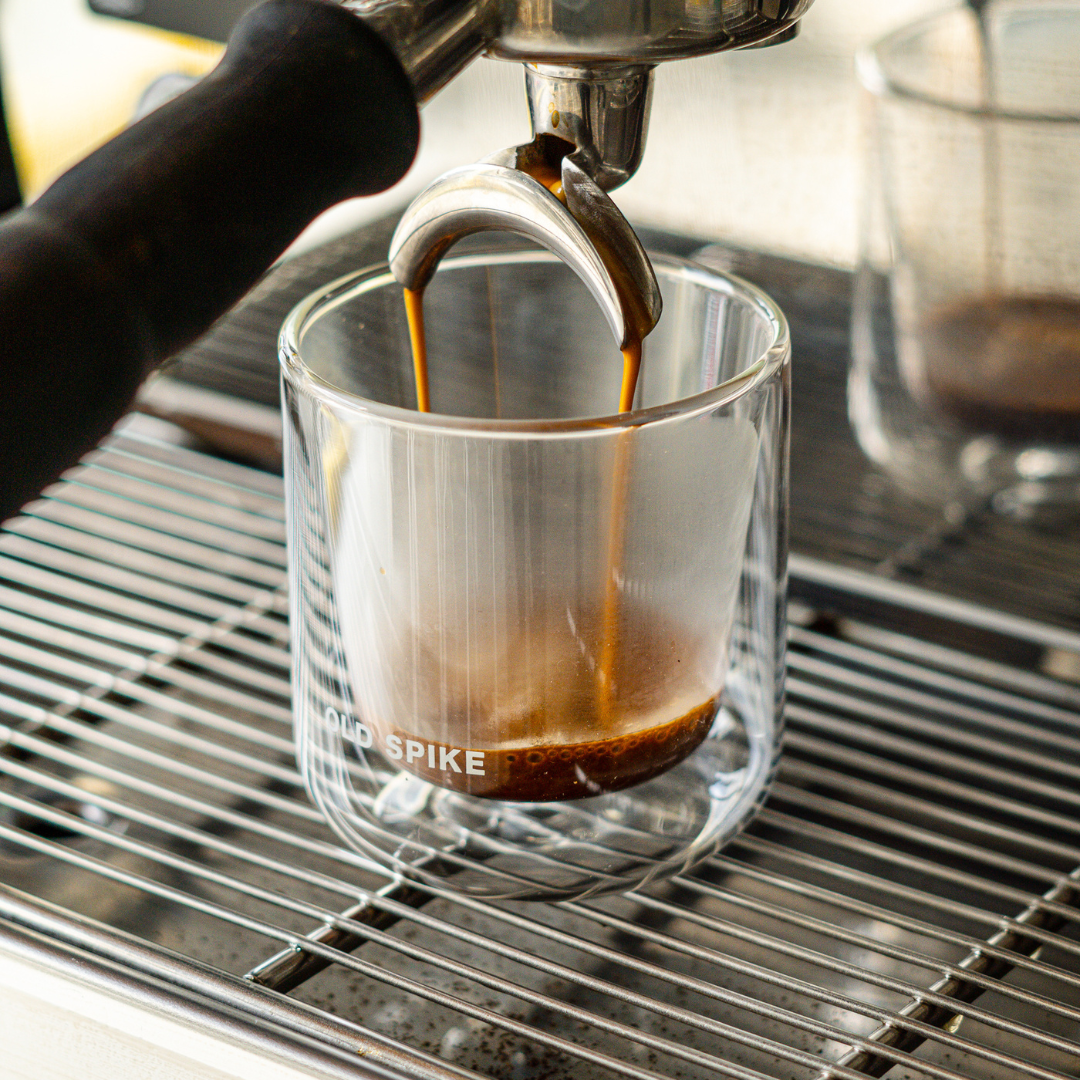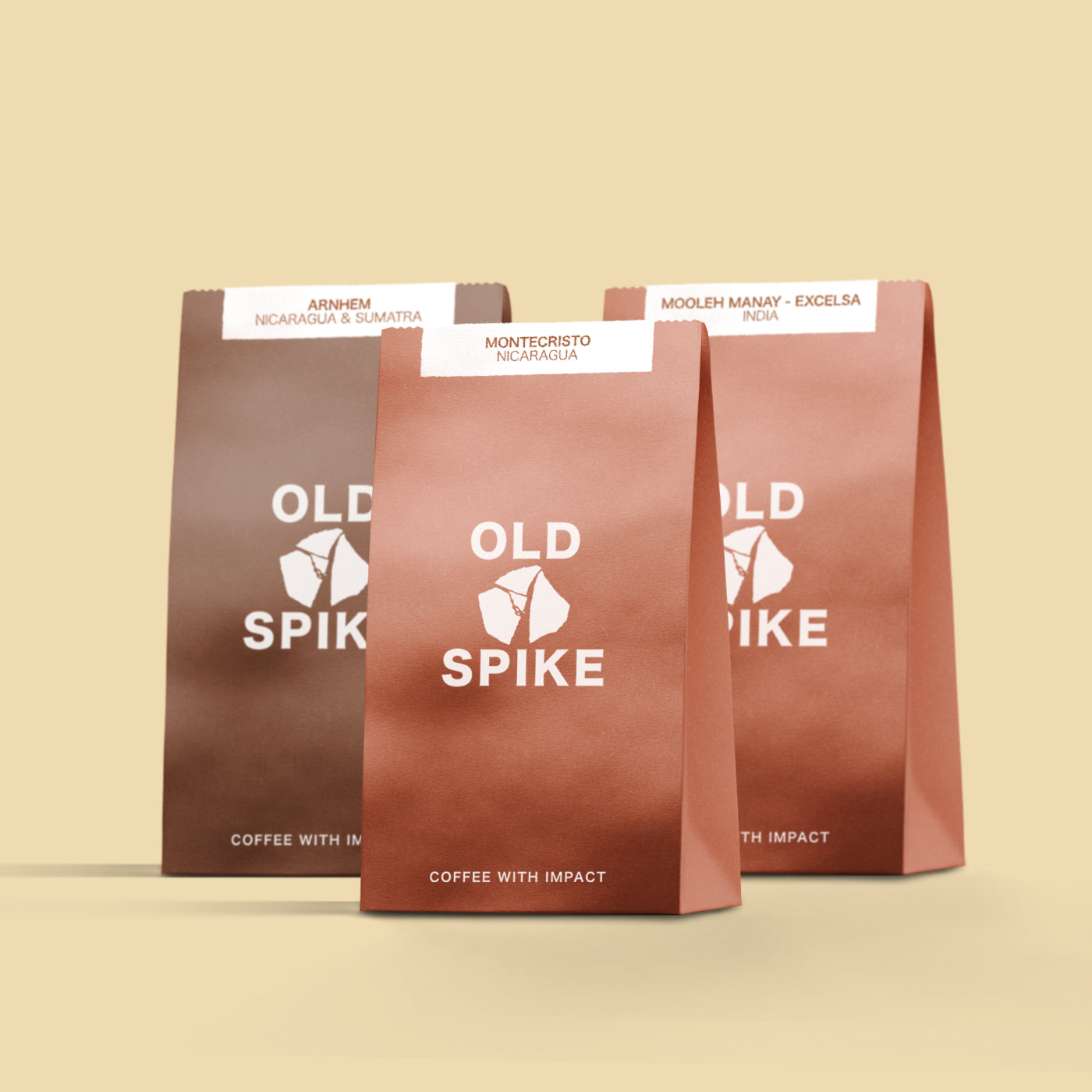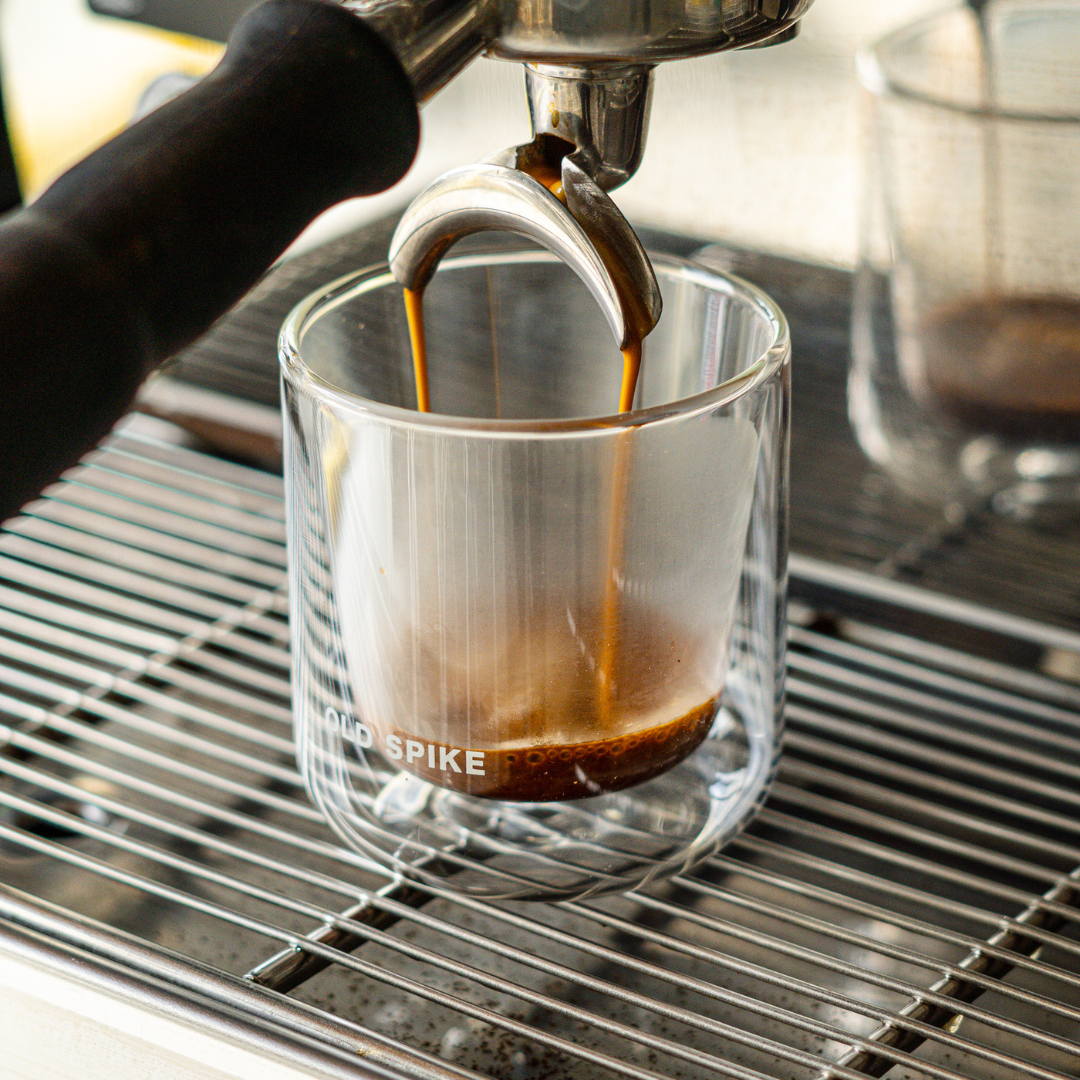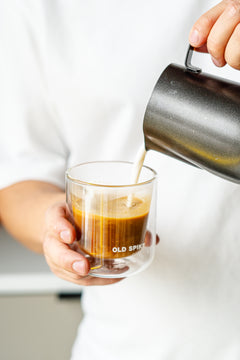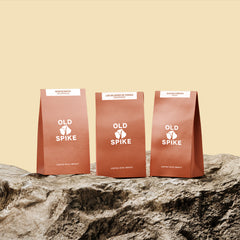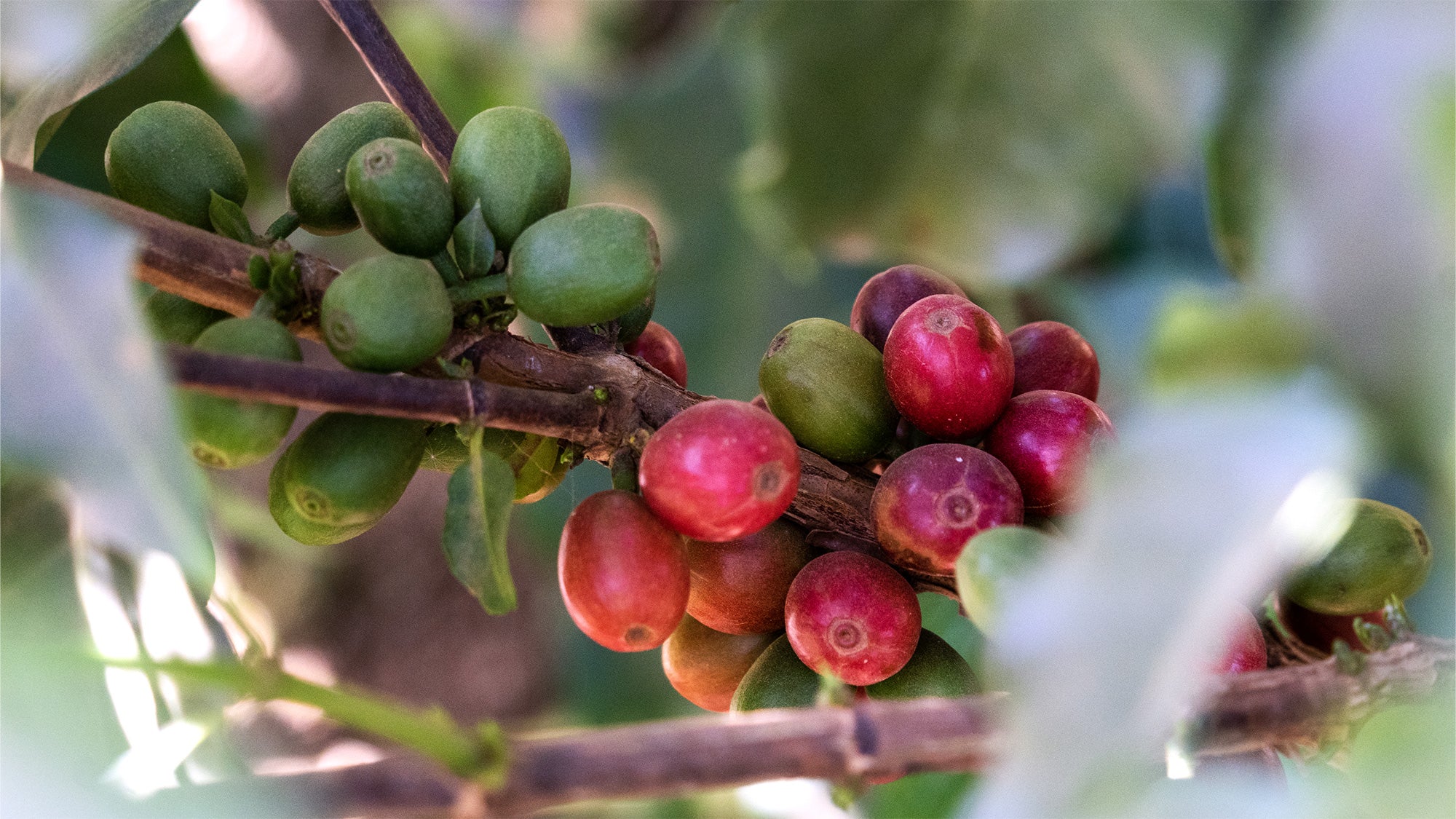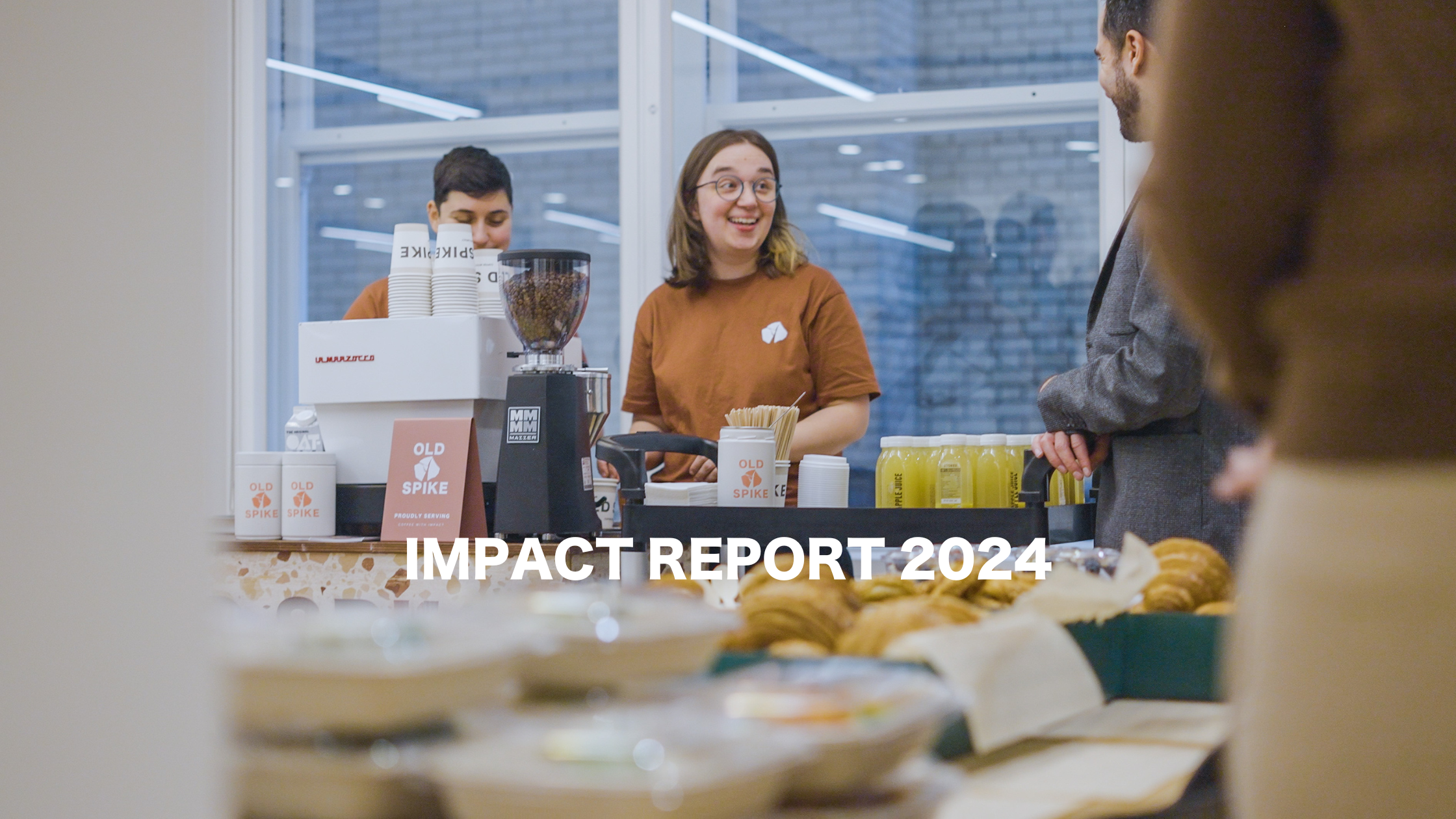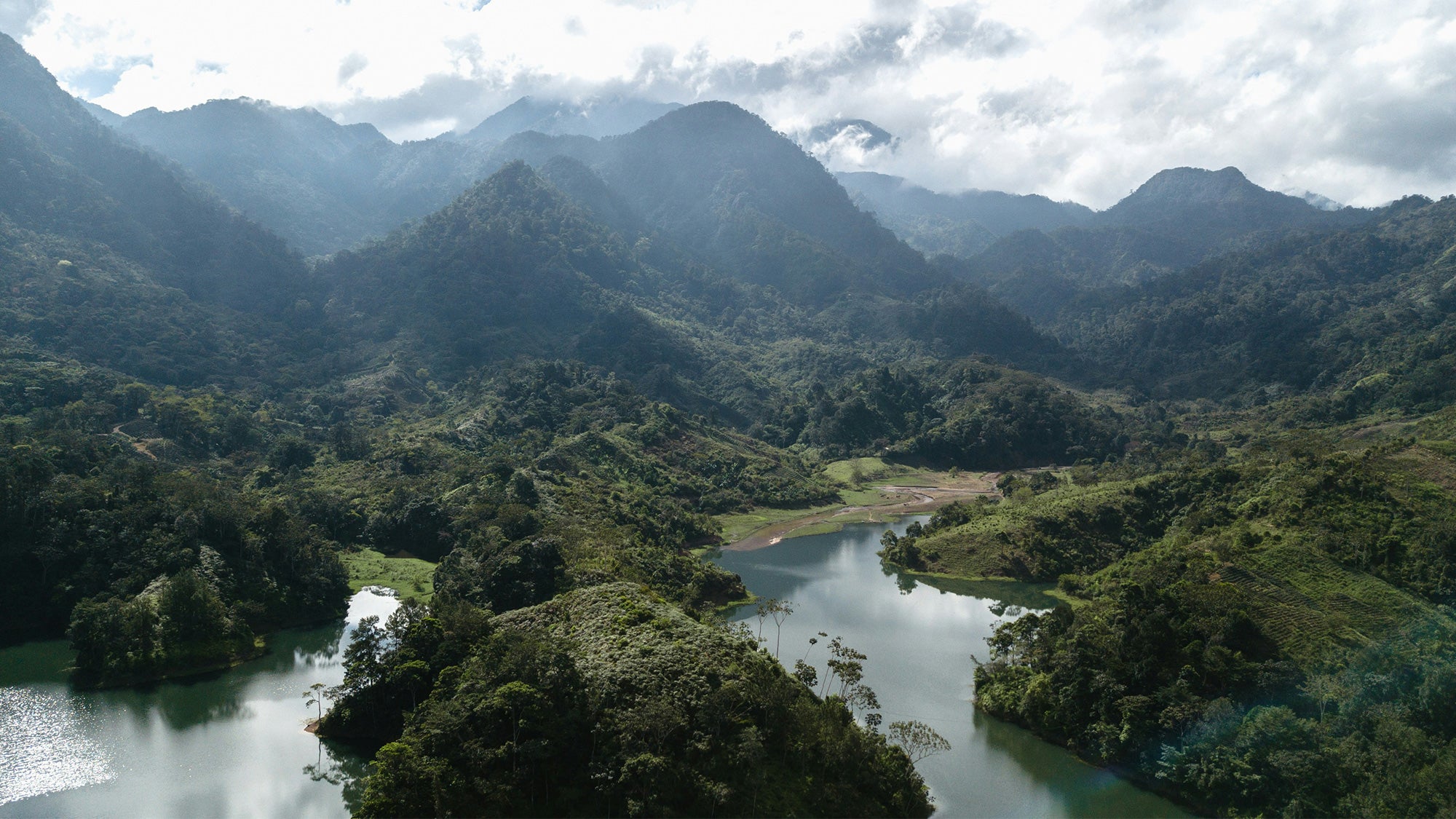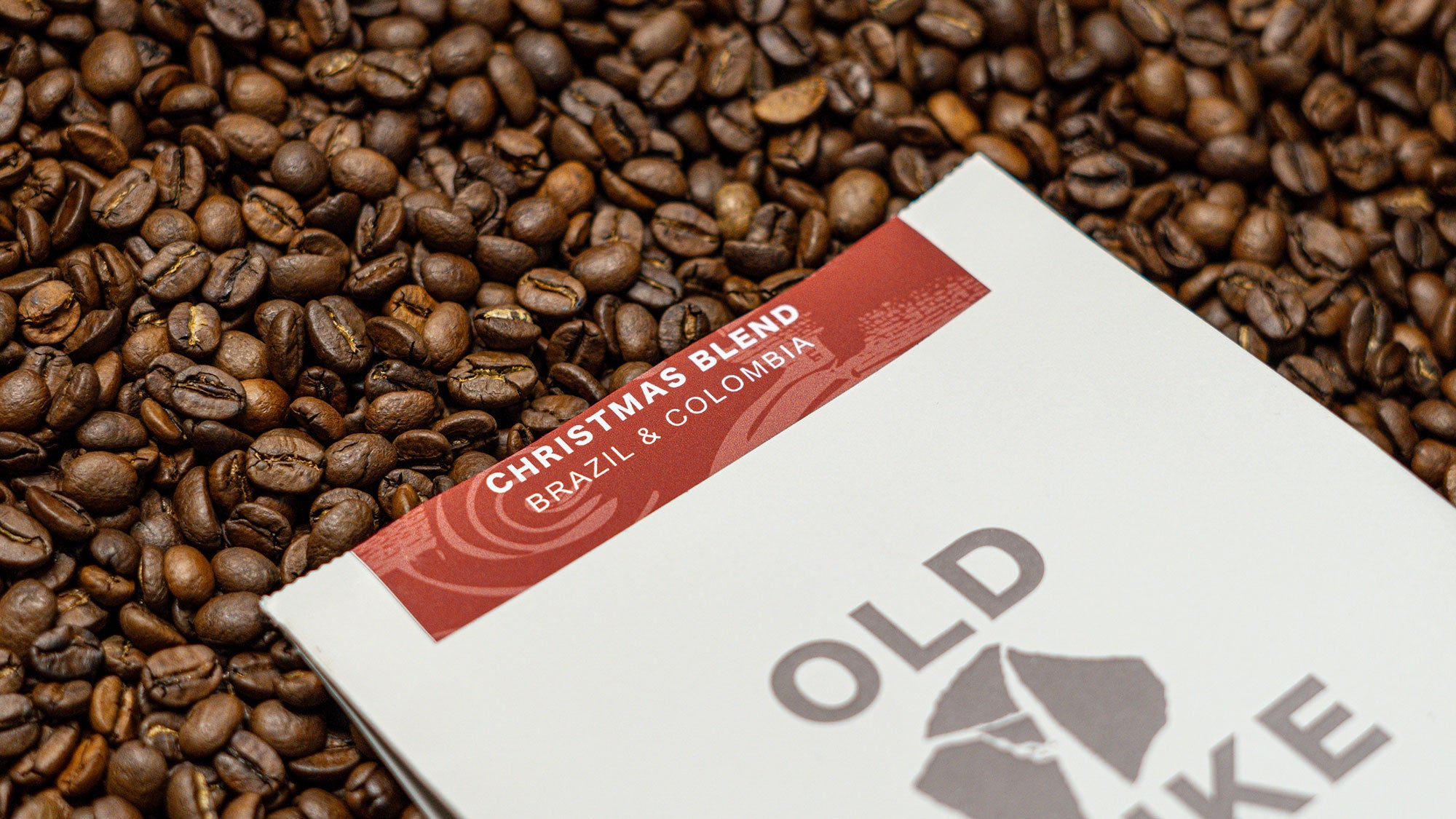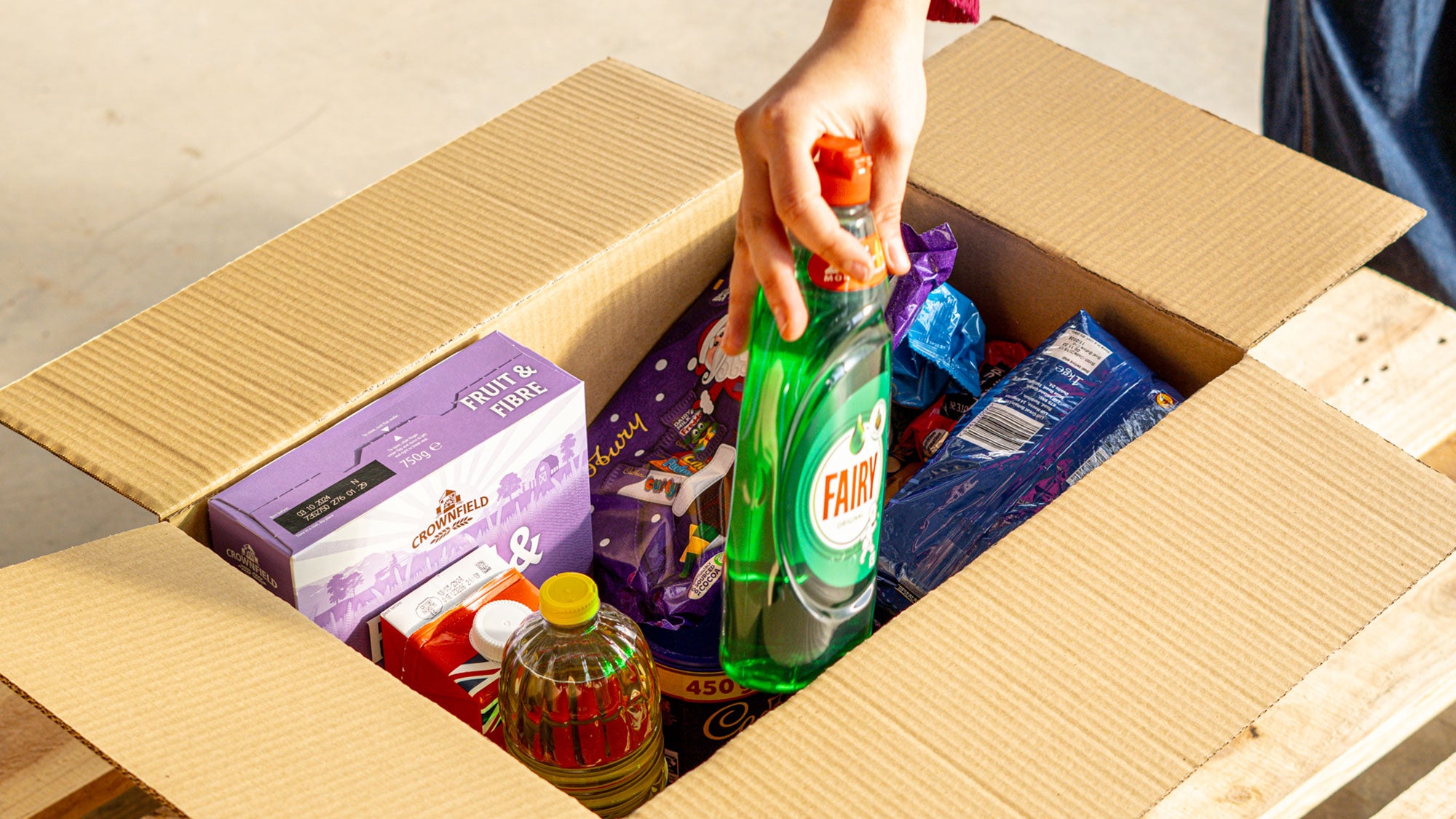Imagine discovering a process which could transform low-grade coffee into specialty? This is exactly what Ana Luzia Pellicer and the team at Mió, Brazil, and the research team at The Federal Institute of Espírito Santo have achieved. They have pioneered an innovative process which takes usually discarded or cheaply sold unripe cherries and transformed them into specialty grade green coffee.
A process which not only reduced waste on the farm but increased the social and economic impact felt by the farmers. We caught up with Ana to dive into the details of this new process a little further.

What is the impact of low-grade coffee?
The economic impact of a low-grade coffee can be immense to a farm. When you have the structure to produce specialty coffee in scale, it is impossible to avoid also producing low grade coffee, coffee that is sold cheaply to the internal market to be blended with other low-grade coffees and transformed into bad quality instant coffee, for example.

When using machines to harvest, which is necessary to produce coffee in scale, it is impossible to avoid harvesting some unripe cherries along with the ripe ones. Those are separated in the wet-mill so they don't reduce the quality of the lot that is being processed. And, normally, that's it, those unripe cherries are processed separately and then blended into a very low-grade lot to be sold for pennies. They are bitter and astringent, almost impossible to drink.

Transforming unripe cherries to specialty coffee
But what if we created a processing method to save those cherries? Imagine if we could transform that coffee into specialty? If we could improve its quality and create a new product that can be sold internationally for a premium? How much money are we adding to that coffee production? How much social and economic impact are we talking about to a farm?

This is what microlot '22/23 S01 Unripe Cherries - Maceration Tank' intends to find out. The Federal Institute of Espírito Santo developed this method through scientific studies and we are now testing it with their help at Mió. In it, unripe cherries undergo an enzymatic fermentation process. When left in water, microorganisms from within the coffee act by breaking molecules such as chlorogenic acids - compounds that can cause high astringency in the cup.
The positive impact of innovation
Through experimentation, Federal Institute of Espírito Santo have helped Mió rescue otherwise low-grade coffee, whilst also benefiting coffee farmers and producers both economically and socially in the process. The result is a smoother, sweeter cup, saving a product that would be sold cheaply and transforming it into a complex and unique specialty coffee.
Try for yourself
Through experimentation, Federal Institute of Espírito Santo have helped Mió rescue otherwise low-grade coffee, whilst also benefiting coffee farmers and producers both economically and socially in the process. The result is a smoother, sweeter cup, saving a product that would be sold cheaply and transforming it into a complex and unique specialty coffee. Mió 22/23 S01 Unripe Cherries - Maceration Tank will be launching very soon. In the meantime, try Mió S03, now live in our online store to try for yourself.
Follow Mió here: https://www.instagram.com/mio.fazenda/
To find out more about Mió, visit them here: https://mio.cafe/

